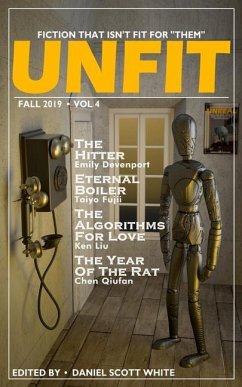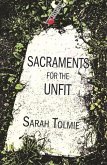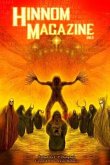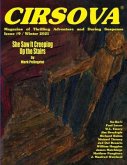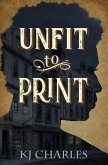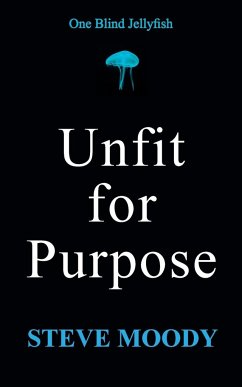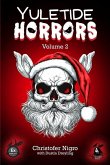Some say the first real science fiction story is Frankenstein. This classic has always fascinated me because Dr. Frankenstein, the creator of the monster, was actually trying to make the world better through the application of technology. Little did he know how wrong his experiment would go. He could cheat death, but there were deadly consequences. And out of this we find the basis for many modern science fiction stories in which technology is ultimately evil, technology leads us to an unpredictable and dangerous future. It's the fear of technology that many modern stories root themselves into, and the evil that ensues, that they thrive upon. "The Hitter" by Emily Devenport is perhaps the best short story she has ever written, in my opinion. For some people, life is arrested, meaning they remain the same age until they die. Unlike Frankenstein, this one was a positive twist at the end. "Eternal Boiler" by Taiyo Fujii is one of the first stories I've had translated. I'm a big fan of Taiyo and his brilliant book, Gene Mapper. The story here deals with immortal coils, engines that keep the world running. Translated by Toshiya Kamei and edited by David Grigg. "The Algorithms for Love" by Ken Liu is, in his words, inspired by Ted Chiang's "Division by Zero". A man meets a woman raising a child, but he's unaware the little girl is really a doll. Then they have a real child. It gets complicated. "The Year of the Rat" by Chen Quifan is, many would agree, one of the best science fiction stories ever written. Mutated rats are hunted by unemployed college graduates who are despondent with life. Translated by Ken Liu. Like the original Frankenstein, these stories play with the value of life, of tampering with the original biological design. However, they don't all have a frightening theme. Technology isn't exactly evil in some of the stories. It's more like the applications are either misunderstood or the technology goes beyond expectations. I put these stories in this magazine because they take science fiction farther than the classics did. I think they'll surprise you in many ways. Here is a shorter explanation of the stories as appears on the back of the magazine. - "The Hitter" by Emily Devenport is the story of the first and last inhabitants of a dead planet and how they remain there undetected. - "Eternal Boiler" by Taiyo Fujii tells of the transformation of the world by an ammonia based engine and the folly of those who adapt to the changing technology all too quickly. - "The Algorithms for Love" by Ken Liu puts a a real daughter in the lives of a couple raising an artificial doll. - "The Year of the Rat" by Chen Quifan tells of modified rats being hunted by special extermination squads.Thanks for reading these pages. See you next time in Vol. 5! Daniel Scott White November 2019
Hinweis: Dieser Artikel kann nur an eine deutsche Lieferadresse ausgeliefert werden.
Hinweis: Dieser Artikel kann nur an eine deutsche Lieferadresse ausgeliefert werden.

